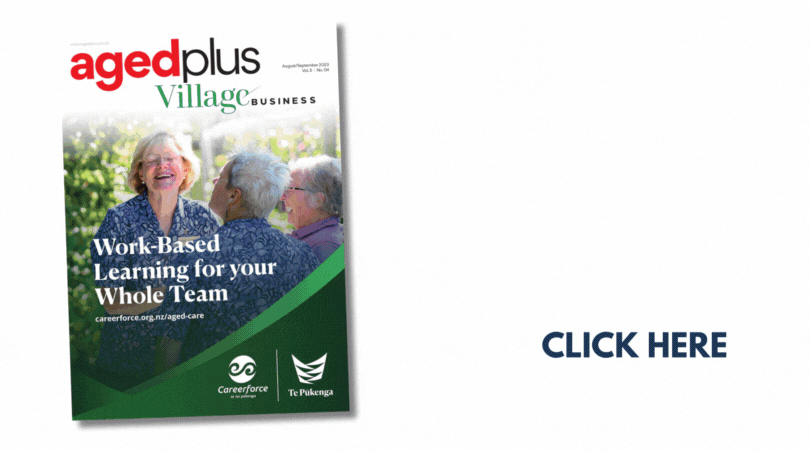It is a damaging stereotype that the elderly do not understand technology.
Digital exclusion is a serious problem which disadvantages a significant number of New Zealanders. The digital divide used to be defined by who had access to the internet and who didn’t. Now thanks to the widespread nature of modern internet and Wi-Fi, 67 percent of adults 65 years or older have an internet connection. Furthermore, almost 35 percent of this group said they use social networking sites, showing a willingness for seniors to adapt.
However, another less-discussed digital divide is how comfortable people are using health technologies. Devices like wearable fitness technology help people track their physical activity and help them improve their health.
According to the latest New Zealand Health Survey, over half of New Zealanders aren’t active for two and a half hours per week.
For a lot of adults, it leads them to incorporate exercise into daily routines. However, seniors are notably not the target market for these products. The fitness devices are almost always advertised to younger, fit and healthy adults. Seniors, the ones who could benefit from activity trackers the most, are the group who are least likely to invest in this tech.
This is just one example of how falling behind in technology disadvantages the elderly, but there are a lot of other emerging technologies which are of similar importance. There are some places and organisations taking it upon themselves to keep seniors educated on tech.
For example, at Tech Week 2019 the Tech & Tea event was a collaboration between Chorus and Senior Net where seniors were shown how voice-assisted technology and devices can be helpful for them. There were demonstrations showing how to set up the devices, and how to use it in homes.
Another initiative making the effort to help elderly people better understand technology is Digital Seniors, a small trust based in Wairarapa which was launched in late-2018.
Digital Seniors brings volunteers in to provide seniors with free one-on-one coaching, in a sensitive and positive way. The initiative’s pilot was launched in Wairarapa. The town has the largest senior population per capita in the country and is also near the top for social isolation and loneliness, making it a top contender for the service.






